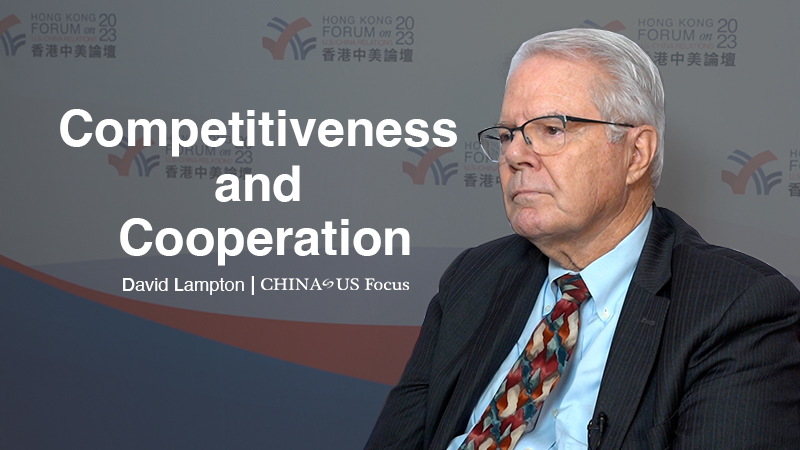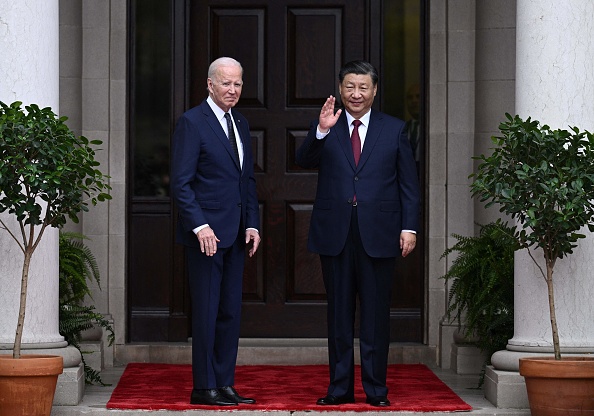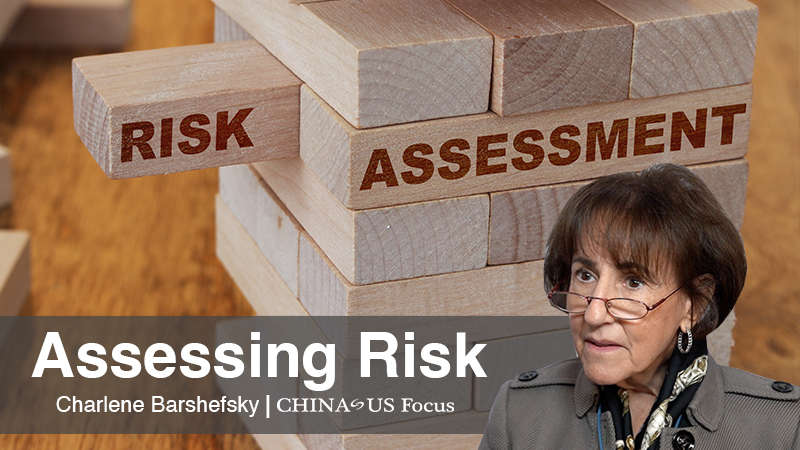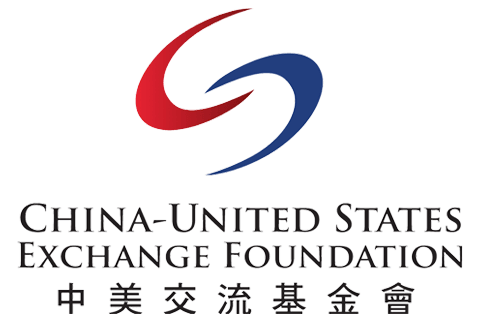
Dear Focus Reader,
Global political and business leaders gathered in Davos this week for the World Economic Forum's annual meeting, where Chinese Premier Li Qiang said that the Chinese economy was open for business.
He announced that China's economy ended up slightly surpassing the official growth target set by Beijing, reaching around 5.2%, following grim outlooks from the country at the end of 2023. He also highlighted the possibilities for foreign investment, emphasizing the need to dismantle barriers to competition and trade worldwide in order to address global challenges, though some analysts don't share his optimistic outlook.
Additionally, China paid special attention at Davos to woo businesses and investors, sending an unusually large delegation of 140 people, including 10 state ministers, in an attempt to showcase the importance it places on reviving its international trade and investment relationships.
China's amped up presence at Davos, as well as meetings with Swiss leaders, raised apprehension in Washington and led them to step up their charm offensive as well, including efforts from the State Department to have Secretary of State Antony Blinken meet with Switzerland's President Viola Amherd.
The global gathering followed last weekend's presidential elections in Taiwan, where William Lai of the Democratic Progressive Party won the three-way race. The election results have great significance to both U.S.-China and cross-Strait relations, as China claims the self-governed island as part of its territory and hopes to accomplish a "peaceful reunification," though it has said it will use force if necessary.
China's reaction to the results have been relatively restrained thus far, and Lai seemed to extend an olive branch to Beijing in his acceptance speech, saying he'd support dialogue and cooperation. In response to the results, U.S. President Joe Biden maintained that the U.S. doesn't support Taiwan's independence, but looks forward to furthering "our longstanding unofficial relationship, consistent with the U.S. one China policy."
For now, catch up on our latest Focus content, including topics covering China-U.S. cooperation, international business in China, and China-EU relations.
The number of years since the establishment of the China-EU Strategic Partnership.
Read more in "EU's 'De-Risking' Trap" by Dong Yifan, an Assistant Research Fellow at the China Institutes of Contemporary International Relations.
China's Seedbanks | Kyle Obermann
Watch VideoIn our Focus Insights section, we shared an interview with Dr. David Lampton, Hyman Professor and Director of China Studies at the Johns Hopkins SAIS, about the competitive landscape between the U.S. and China and its impact on cooperation.
We want to hear from you:
Do you think the competition between the U.S. and China described by Lampton fosters a cooperative environment, or does it hinder the potential for collaboration between the two nations? In your opinion, what specific steps or actions could leaders from both sides take to improve the current trajectory of U.S.-China relations?
useditor@chinausfocus.com for more info.
Prepared by China-US Focus editorial teams in Hong Kong and New York, this weekly newsletter offers you snap shots of latest trends and developments emerging from China and the U.S. every week. It is a community space to exchange thoughts and ideas about the China-U.S. relationship and beyond.
- 2024-01-12 Focus This Week: Global Impacts
- 2024-01-05 Focus This Week: New Prospects
- 2023-12-21 Focus This Week: Ending on a High Note
- 2023-12-15 Focus This Week: Economic Review
- 2023-12-08 Focus This Week: Climate Talks
- 2023-12-01 Focus This Week: Looking Forward
- 2023-11-22 Focus This Week: A Temporary Ceasefire
- 2023-11-17 Focus This Week: An Anticipated Meeting
- 2023-11-11 Focus This Week: Change and Progress
- 2023-11-03 Focus This Week: Anticipating APEC
- 2023-10-27 Focus This Week: Diplomatic Strides
- 2023-10-20 Focus This Week: De-escalation
- 2023-10-13 Focus This Week: Seeking Peace
- 2023-10-06 Focus This Week: Summit Speculations
- 2023-09-29 Focus This Week: Paving the Way
- 2023-09-22 Focus This Week: Climate Action
- 2023-09-15 Focus This Week: Global Gatherings
- 2023-09-08 Focus This Week: Diplomatic Deliberations
- 2023-09-05 Join Our Special Online Event: The New China Playbook
- 2023-09-01 Focus This Week: Meeting Halfway



